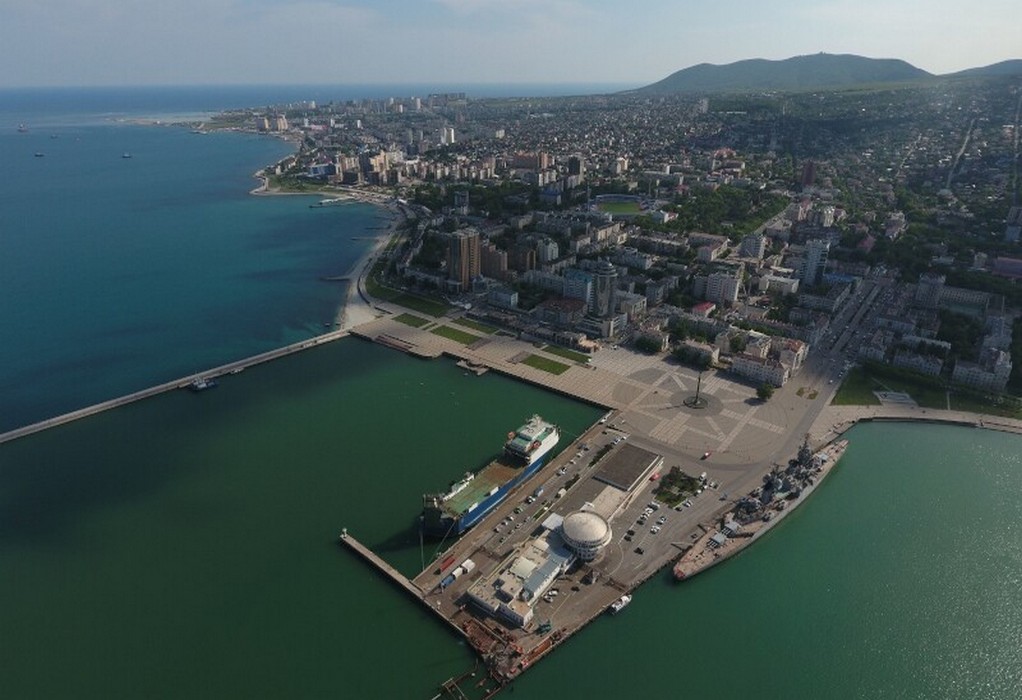The unfolding war in Ukraine and a wave of Western sanctions have started to affect oil product flows in Russia.
Last week Russia closed all ports in the Sea of Azov due to risks that ships there could come under fire from Ukrainian forces.
At the same time Belarus is poised to reroute its oil products exports through Russia, now that deliveries to Ukraine are prohibited and transshipments to Europe are sanctioned or blocked.
Although the volumes in question are relatively small, they reflect the rapidly changing dynamics in oil products flows as a result of Russia’s invasion of Ukraine.
Further complications can be expected as the US and Europe roll out more sanctions and Western oil firms, under pressure from governments and shareholders, move to decrease their exposure to Russia, if not eliminate it altogether.
There are also reports that banking restrictions are curtailing transactions involving Russian crude and products and that rates for chartering tankers carrying Russian oil have risen dramatically due to soaring insurance costs.
Analysts say these additional costs are eating up the attractive netback for exports of both crude and products caused by the recent steep fall in the value of the ruble.
Still, thanks to a convoluted system that aims to keep retail prices for motor fuels low during periods of expensive oil prices, a high netback translates into additional compensation for refiners selling motor fuels on the domestic market.
Azov Logjam
Russia is the world’s second-largest exporter of petroleum products, shipping over 2.8 million b/d to foreign markets last year.
Products exports from the Sea of Azov amounted to 80,000 b/d from the start of this year, or about 10% of all such exports from Russia’s southern ports.
These volumes could conceivably be rerouted to Russia’s Black Sea ports, which have handled some 700,000 b/d of oil products exports so far this year.
Rosneft is most exposed to the Sea of Azov’s closure, with its heavy fuel shipments accounting for one-third of all flows through the sea.
Novoshakhtinsk, an independent refiner, and Lukoil’s Volgograd facility will also have to find alternative export outlets.
Importantly, an official from Russia’s defense ministry said on Tuesday that Russian forces had gained control over the entire northern coast of the Sea of Azov. It was unclear how this might affect shipping traffic in the sea.
Belarus in a Pinch
In the meantime, Russia will have to contend with Belarusian products flows, which now have nowhere to go but eastward after Minsk banned sales to Ukraine and EU members blocked imports from Russia’s closest ally.
Last year Belarus’ two refineries produced 340,000 b/d, of which approximately half was exported. Traditionally the bulk of exports went to Ukraine or were transshipped through Baltic ports, but with those routes now closed, the only option is Russia.
Since Belarus’ products do not qualify for compensation under Russia’s tax regime, they cannot compete on the Russian market, so they must be re-exported through ports on the Baltic and Black Seas.
After Belarus’ relations with the Baltic states began to collapse in 2020, Minsk decided to shift flows to Russian ports.
The original plan called for ramping up those flows to 60,000 b/d in 2022 and 2023, which is far less than the surplus of 160,000-170,000 b/d that Belarus will want to export.
In fact, reports emerged in February of system bottlenecks in northwestern Russia as Russian Railways struggled to cope with the sharp increase in product flows.
Income from products exports are Belarus’ single largest source of budget revenue, but having to ship them through Russian ports will greatly diminish the netback.
Source:https://www.energyintel.com/
Tags: Russian Oil, Sanctions, Transsipmments, Ukraine War



Recent Posts
GCMD Publishes Insights from Landmark Ammonia Transfer Trial Off Western Australia
GEODIS Releases 2024 Activity and Sustainability Report, Reaffirms Climate Commitment
Strengthening India-Norway maritime ties at Nor-Shipping 2025
Magenta Mobility appoints Nand Kumar Sharma to lead charging infrastructure & projects
CMA CGM Showcases Strategic Maritime Initiatives with India During Secretary MoPSW’s Visit to Marseille
Port of Brisbane Unveils Vision 2060 to Drive Smarter, Cleaner, and More Connected Future
Wärtsilä to Deliver Hybrid Propulsion Systems for Vertom Group’s New Low-Emission Vessels
Latvian port receives electric Konecranes Gottwald Mobile Harbor Crane